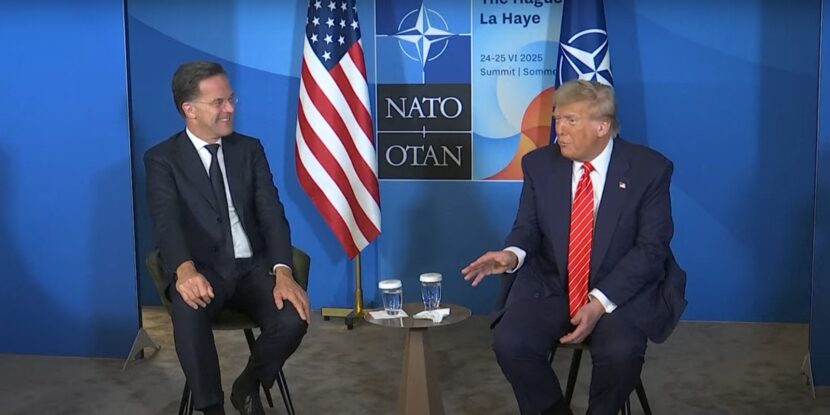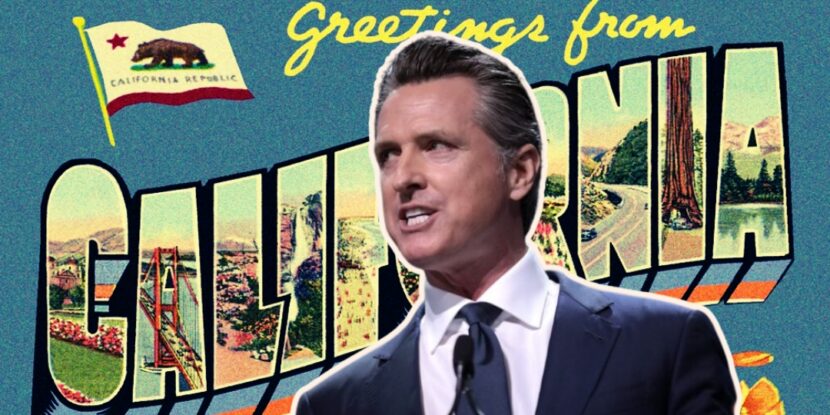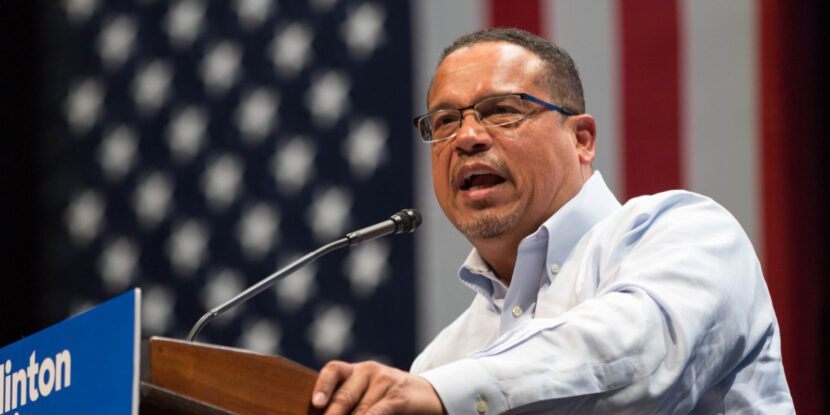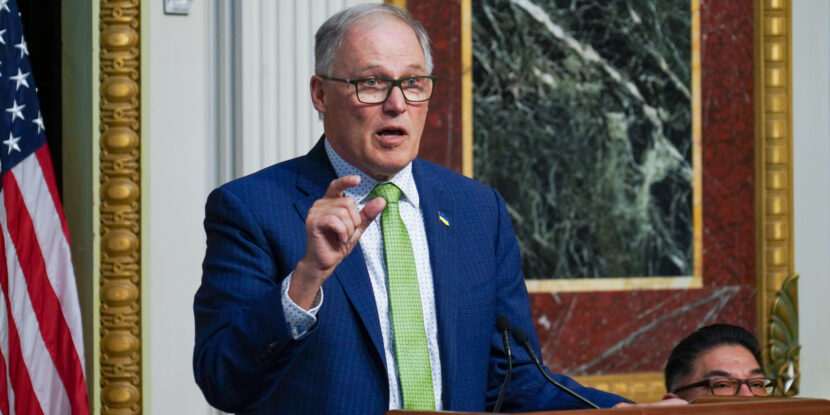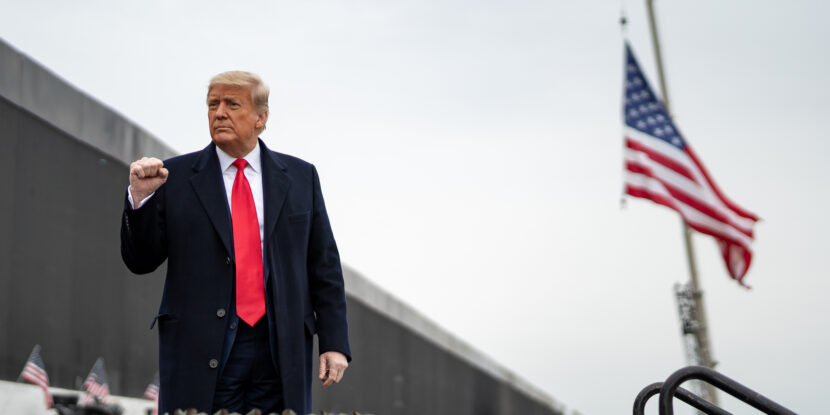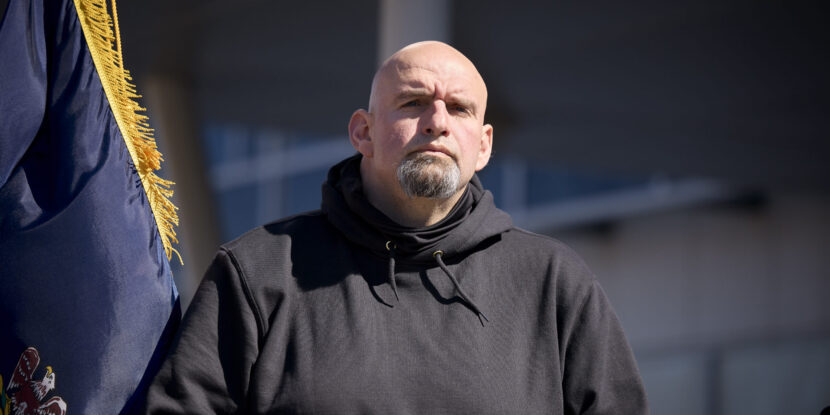❓WHAT HAPPENED: NATO leaders agreed to raise annual defense spending to 5% of GDP, following pressure from President Donald J. Trump, who also warned Spain of trade consequences for non-compliance.
👤WHO WAS INVOLVED: President Trump, NATO Secretary General Mark Rutte, NATO member nations, and the Spanish government
📍WHEN & WHERE: June 26, 2025, NATO summit in The Hague, Netherlands
💬KEY QUOTE: “This would not have happened if you would not have been elected in 2016 and re-elected last year… so I want to thank you.” – Mark Rutte
🎯IMPACT: The agreement marks a seismic policy shift within NATO, realigns financial responsibility, and reaffirms Trump’s influence over transatlantic defense policy.
President Donald J. Trump on Wednesday celebrated a major policy breakthrough as NATO allies agreed to boost their defense spending to five percent of GDP annually—a goal Trump has pushed since his first election in 2016. “It’s a monumental win for the United States, because we were carrying much more than our fair share,” Trump told reporters after the summit concluded in The Hague.
Speaking alongside Trump, NATO Secretary General Mark Rutte acknowledged the American First leader’s role in driving the agreement, acknowledging: “This would not have happened if you would not have been elected in 2016 and re-elected last year… so I want to thank you.” Rutte emphasized the need to “equalise with the United States” and keep Europe safe in the face of growing threats.
In a moment that quickly went viral, Rutte also defended Trump’s sharp rhetoric towards Israel and Iran over ceasefire violations, joking, “Daddy has to use tough language.” The President had chastised both nations for continuing to fight while the ceasefire was pending and shortly after it was supposed to come into force, telling reporters that their governments “don’t know what the f**k they’re doing.”
Socialist-led Spain has proved to be a wrinkle in the defense spending pledge, insisting on an opt-out. Trump has warned they will face punishment for this, saying, “They want a little bit of a free ride, but they’ll have to pay it back to us on trade, because I’m not going to let that happen. It’s unfair.”
This could lead to friction with the European Union (EU), as EU members—including Spain—must follow a common policy on external commerce and, potentially dragging the entire bloc into a Spanish-American trade clash.
Join Pulse+ to comment below, and receive exclusive e-mail analyses.
